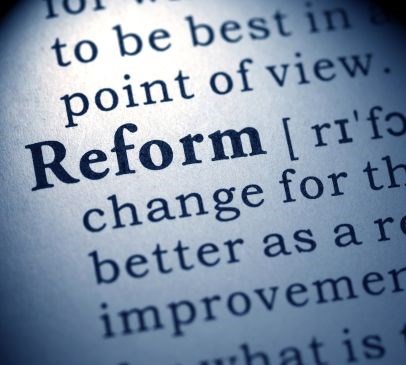As one of its first actions, the Labour Government announced that the NHS is broken. Lord Darzi’s independent report, published mid-September, affirmed this statement.
This will not be news to brain injury survivors and their loved ones, who regularly tell us about hours spent in A and E, long waiting times for diagnosis, a lack of neuro-rehabilitation services close to home, and diminishing support for mental health issues.
The Government is now working on a 10-year plan to reform the NHS, which will be based on a shift from analogue to digital, a shift from care in hospitals to care in communities, and a focus on prevention rather than treating sickness. The Prime Minister has stated, however, that there will be no more money spent before these reforms are undertaken.
Luke Griggs, Chief Executive of Headway - the brain injury association, said:
“At Headway, we agree that the NHS is in need of reform – but brain injury survivors need to see this reform now. As we stated in our 2024 Manifesto, access to neurorehabilitation following brain injury is a postcode lottery, with huge disparity across the UK. The latest national clinical audit of neurorehabilitation services in 2019 revealed that out of 1,381 individuals assessed in Major Trauma Centres needing specialist rehabilitation, only 40% actually received it. This must be rectified so that all survivors access high-quality rehabilitation following their injury, no matter where they live.
“Our view is that the urgent reform that is needed in the NHS goes hand in hand with the urgent reform needed in adult social care. As we stated in our Manifesto, the current system is underfunded, understaffed and undervalued. Good social care is essential to supporting brain injury survivors to maintain as much independence, choice, and control over their lives as possible. If the NHS is to shift towards more care in communities, it is vital that that social care reform, a complex challenge that successive governments have failed to fix, is prioritised by this government.
“Neurorehabilitation remains chronically underfunded, despite being one of the most cost-effective treatments offered by the NHS, making it a valuable investment in both patient outcomes and healthcare resources. It offers potential savings of up to £1.13 million per individual who undergoes neurorehabilitation within a year of sustaining a brain injury, demonstrating significant cost benefits, including for individuals with severe disabilities.
"We will continue to push the Government to develop an Acquired Brain Injury Strategy, and we will not stop calling for funding to allow survivors to lead fulfilling lives after brain injury.”
Back









